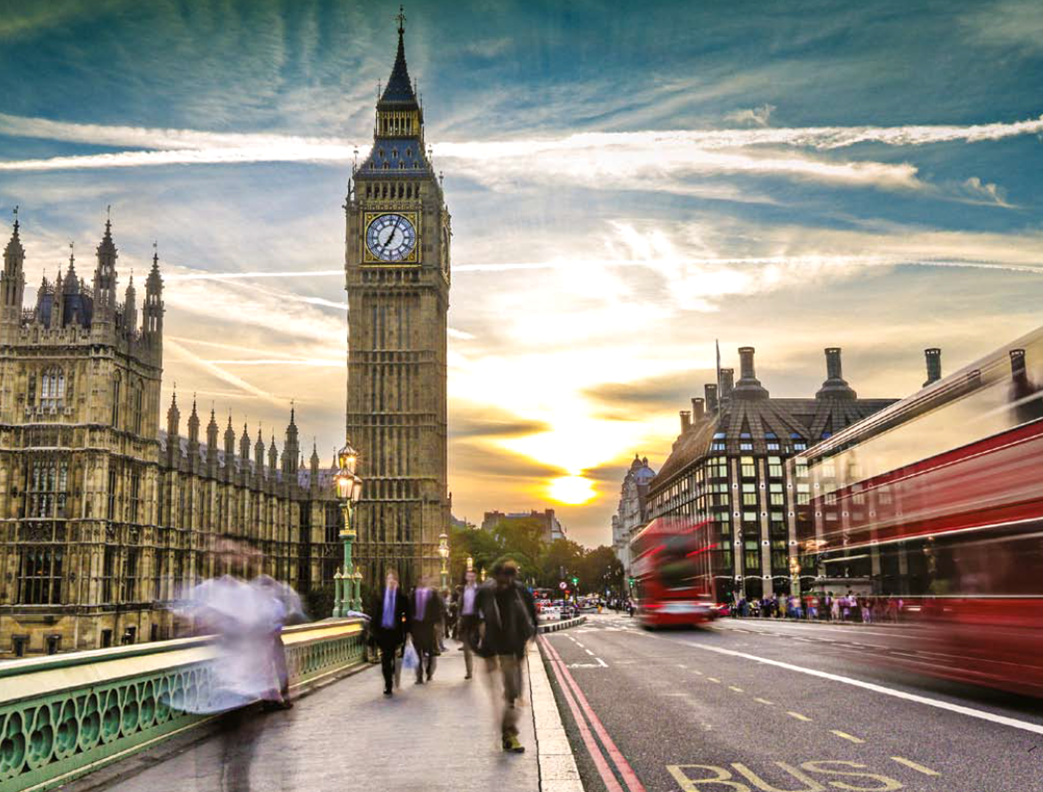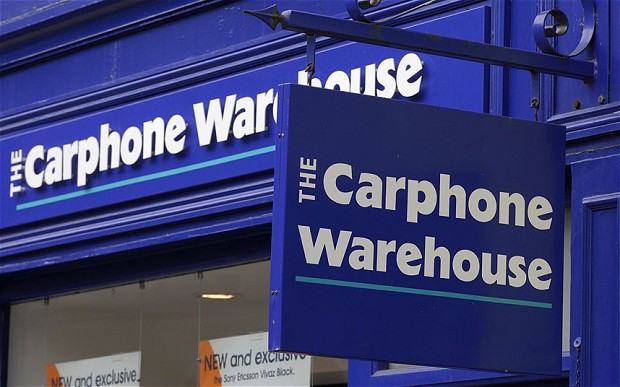Lancashire Homes Forced To Boil Water Due To Cryptosporidium Bug
More than 300,000 households in Lancashire have been told to boil drinking water after contamination with a microbial parasite.
Routine tests by United Utilities found traces of cryptosporidium at Franklaw water treatment works outside Preston.
Some customers said they were not alerted quickly enough but the company said it had done “everything possible”.
Traces of the parasite, which can cause gastrointestinal complaints, were reducing, said a spokesman.
The alert affects Blackpool, Chorley, Fylde, Preston, South Ribble and Wyre.
Blackpool resident Robert Parker said local shops had sold out of bottled water.
He emailed the BBC saying he was not given any advice from United Utilities and had drunk several glasses of water before hearing the health warning on BBC news.
“We believe that United Utilities have not taken the issue seriously enough and not made sufficient steps to advise customers. We have an online account with them and haven’t received an email, which we thought would be the minimum response.”
“My wife and I need to take regular medication and our only recourse is to now boil water and cool it off prior to use, not ideal.”
Mr Parker said an email eventually arrived late morning.
United Utilities said, as soon as the contamination was confirmed, it used BBC Radio Lancashire, automated phone and text messages, social media, and even leaflet drops to warn its customers.
“We have done everything we possibly can, in the quickest time possible, to inform our customers,” said a spokesman.
What is cryptosporidium?
- A microscopic parasite which lives in, or on, other organisms
- Found in soil, water or food contaminated with animal or human faeces
- Infection occurs via contact with infected animals in farms or zoos or by drinking contaminated water
- One of the most common causes of diarrhoea in humans
- It most commonly affects children under five but people with impaired immune systems are at risk
How does cryptosporidium parasite affect humans?
Infection with cryptosporidium can cause diarrhoea and abdominal cramps.
People with weak immune systems are likely to be more seriously affected.
Kate Brierley from Public Health England said: “There is no specific treatment for cryptosporidiosis. In most cases the symptoms of abdominal pain and diarrhoea settle in a few days.
“However, in a few cases cryptosporidiosis can be unpleasant with diarrhoea lasting for several weeks. It is important to drink plenty of fluids to avoid dehydration.”
Bottled water
The NHS trust which runs the Royal Preston and Chorley and South Ribble hospitals said there was no evidence patients had been affected.
A Lancashire Teaching Hospitals NHS Foundation Trust spokesman said it had issued immediate guidance on the health risk posed by contaminated tap water and had sourced 50,000 litres of bottled water for patients and staff.
Cryptosporidium exists in the environment in a form called an oocyst, which is less than a tenth of the thickness of a human hair.
Traces were found in recent samples of water from Franklaw works, a United Utilities spokesman added.
In a statement, the water company said investigations were continuing into how the water was contaminated at the treatment works.
It added that officials were putting cards through letterboxes of affected homes to supplement efforts to communicate the advice via social media, newspapers, radio and TV.









